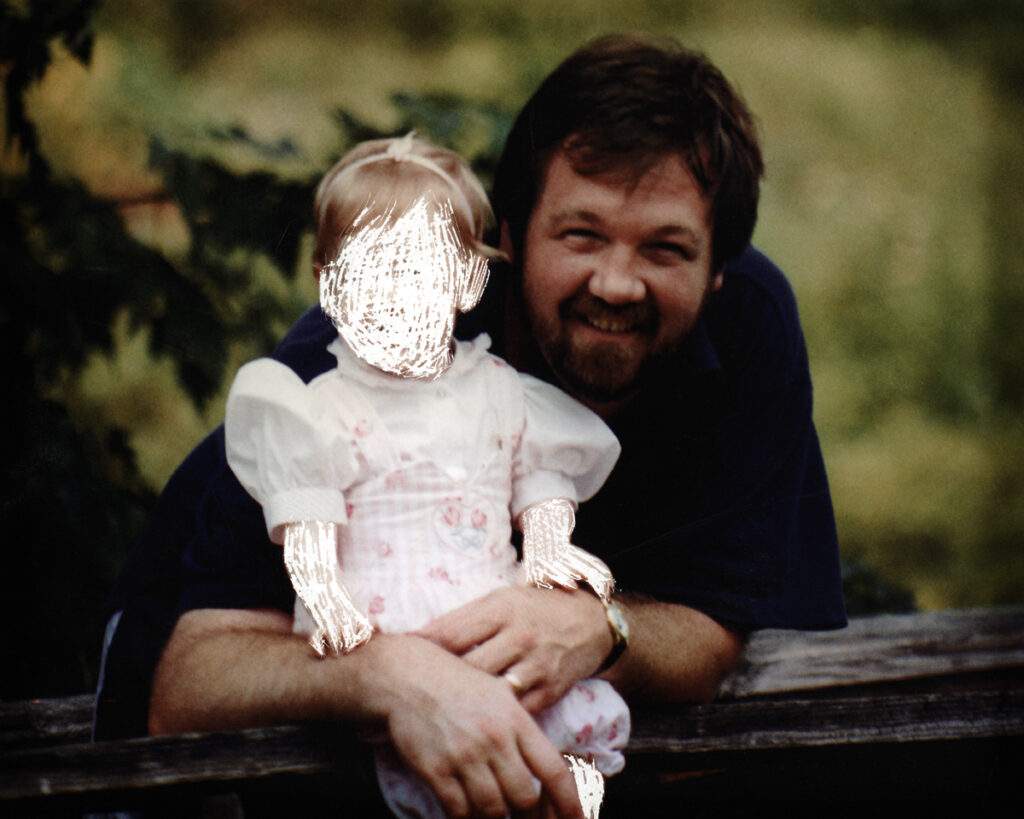Genesis
In 1990, 90% of Americans identified as Christian, yet in the last three decades more than 20% of them have left the church. I am one of them. My father started a non- denominational congregation when I was nine years old. Hardline evangelicals, we were politically conservative biblical literalists, backed by a community of believers, ranging from our accountant, to my ballet teacher, to even our handyman. Everyone around me was devoted to my father; he was their primary spiritual authority, and he was mine too — until I left.
Losing faith and exiting this cult-like community was surreal and exquisitely painful. It was like slipping between worlds; shifting dimensions into a universe where the rules of my reality became a liability. There, I had to grapple with the breadth of my own miseducation in context with the devastating realities of Christian imperialism. I had believed “real” love, compassion, or selflessness could not exist outside the walls built by my family and our community. However, the opposite turned out to be true: liberation and loving community emerged abundantly with the each and every surrender of my former theological & political beliefs.
Genesis, as you probably know, is a book of origins. The foundations of and connections between the origins of my unbelief, the Biblical myth, and my familial myths is where I find my Genesis. It is the nexus between the beliefs we held sacred and their inevitable collapse.





